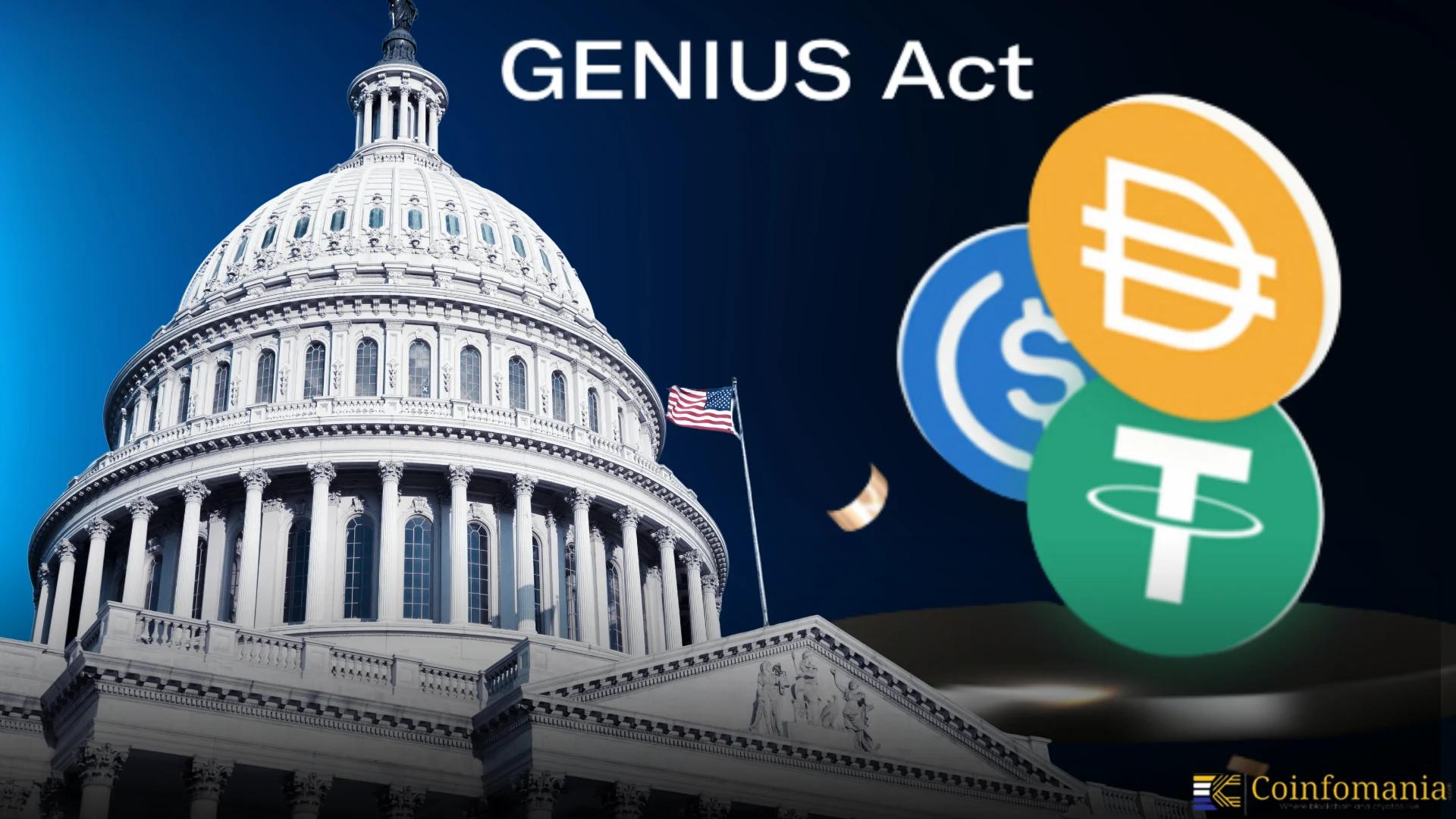CLARITY and GENIUS Crypto Bills Advance in U.S. House
U.S. House advances CLARITY and GENIUS crypto bills after a historic vote, paving the way for clear digital asset rules and innovation.

Quick Take
Summary is AI generated, newsroom reviewed.
The U.S. House held the longest procedural vote in history to advance two key crypto bills.
The CLARITY Act clarifies which government agency regulates different digital assets.
The GENIUS Act promotes innovation in blockchain and artificial intelligence.
Strong anti-CBDC language was added to protect consumer privacy.
In a dramatic and historic move, the U.S. House of Representatives has finally taken a big step toward regulating digital assets. On Wednesday, lawmakers voted to advance two important crypto bills, the CLARITY Act and the GENIUS Act, after holding the longest procedural vote in congressional history. As reported by Coin Gape, the vote lasted nearly 10 hours, ending in a close 217–212 decision.
What Happened with the CLARITY and GENIUS crypto?
The long vote wasn’t just about time, it reflected the intense debate and division surrounding crypto rules in the U.S. A group of Republicans had blocked an earlier vote on Tuesday but changed their stance after holding private talks with President Donald Trump. These lawmakers agreed to support the bills after getting a promise: strong language would be added to the CLARITY Act to stop any future creation of a government-controlled digital dollar, also known as a Central Bank Digital Currency (CBDC).
While the GENIUS Act itself cannot be changed, the promise to protect personal privacy through the CLARITY Act was enough to move things forward.
What Is the CLARITY and GENIUS Act?
The CLARITY Act is designed to bring clear rules to the crypto space. It will help to clear up the doubt of which digital assets are considered as securities and which are commodities. This matters because it will decide which government agency, the SEC or the CFTC, will oversee different parts of the crypto market.
The bill was introduced by House Agriculture Committee Chairman G.T. Thompson, with support from other key lawmakers like Dusty Johnson and Bryan Steil.
The GENIUS Act that is led by Tom Emmer, takes a slightly different approach but is equally important. It focuses more on increasing innovation in new technologies like blockchain and artificial intelligence. It’s meant to keep the U.S. ahead in the tech world while also creating clear and fair rules for digital assets.
Why Is the Anti-CBDC Part Important?
One major concern from both lawmakers and the public is the idea of government-issued digital money. Some fear it could lead to government surveillance of personal spending. To address this, Emmer also introduced the Anti-CBDC Surveillance Act, which works alongside the CLARITY Act to block the creation of a surveillance-heavy digital dollar. The added anti-CBDC language was a turning point in Wednesday’s vote.
What Happens Next?
Now that the rule has passed, the full House will vote on the CLARITY and GENIUS Acts, possibly as early as tomorrow. Chairman French Hill said there is enough support across both parties to pass the bills. If that happens, former President Trump is expected to sign the GENIUS Act into law before the week ends.
Why It Matters
This could be a major win for the U.S. crypto industry. Supporters believe it will give much-needed clarity, protect user privacy, and encourage innovation. As Rep. Bryan Steil said on X, “After the longest House vote in history… Crypto Week continues on!”
With real progress finally being made, the U.S. might be ready to enter a new chapter in how it handles digital money.
Follow us on Google News
Get the latest crypto insights and updates.


